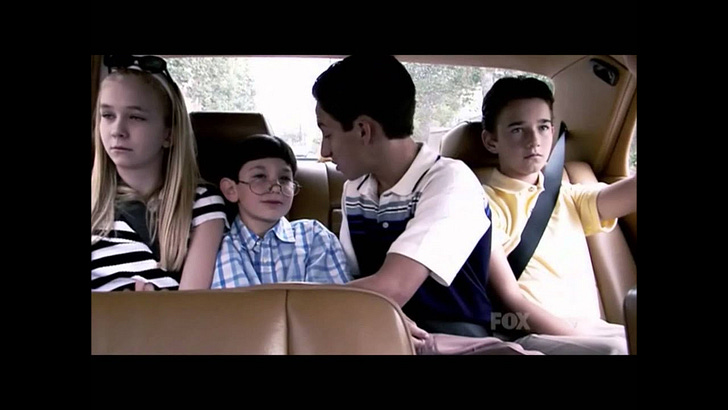The halted AztraZeneca vaccine trial shows why you should always leave a note
News just came out that the AztraZeneca COVID-19 vaccine clinical trial was halted due to a vaccine recipient developing transverse myelitis, a potentially life altering neurologic complication.
This is certainly news - and potentially devastating for the patient who suffered this complication - but this doesn’t have huge public health impact and probably won’t do much to alter vaccine timing.
Word of this serious complication does certainly serve to emphasize a point that many of us in the medical world have been making (over and over again, it seems): you need to do the trials before you know whether a treatment works and is safe.
Who would have thought a Phase 3 clinical trial might be useful for determining safety and effectiveness of a vaccine?
There’s a common theme that we’ve been seeing with essentially every aspect of COVID - treatments, testing, masks, and now a vaccine - where folks without any experience dealing with infectious diseases, hospitalized patients, or clinical trials feel compelled to opine about what we should and shouldn’t do.
Time and time again, there’s been a push and pull with COVID: Try first versus Trial first.
Part of the reason the US response has been a lot more “try” rather than “trial” is because some very influential people decided on the try approach.
That isn’t a political statement!
I’m not referring to anyone in government - I’m talking about leaders in our healthcare system.
Look at Mount Sinai Hospital - one of the top hospitals in the country decided on giving all admitted patients with COVID full doses of injected or intravenous blood thinners.
The UK has invested in their RECOVERY trial, but in the US we declined to participate in the practice-changing dexamethasone trial because their trial design didn’t seem sophisticated enough.
I don’t need to continue beating the dead horse of the importance of actually doing the clinical trials to see if our treatments work because of the risk of medical reversal - the practice of 180 degree shifts in the way we take care of patiets when clinical trials invalidate our biased observations.
That’s why you always leave a note
There’s a running joke on the show Arrested Development about how to teach your kids a life lesson that I think is applicable here.
On the show, the family patriarch, George Bluth, is trying to teach his kids lessons on being a useful member of society, but - just like doctors and politicians - they don’t seem to learn any life lessons until they actually experience something emotionally jarring.
It’s not too late to get a vaccine right
Dr. Leana Wen wrote an Op-Ed in the Washington Post about how the FDA and the CDC can regain credibility after destroying it over the past few weeks that I would recommend everyone read. Her Op-Ed comes on the heels of a must-read open letter from Eric Topol to FDA Commissioner Stephen Hahn.
Dr. Wen mentions a handful of steps that can be taken to regain public confidence quickly:
Commit to scientific transparency
Be clear about the process
Set metrics in advance
Explain the rationale
Resume regular briefings
Let the public in on what’s going on
Engage experts
None of this is rocket science. But common sense isn’t always that common.
Perhaps now that we’ve had a serious adverse event in a vaccine trial, the FDA and the CDC will have finally learned their lesson - there can be real risk from rushing treatments out before they’ve been rigorously tested - and that’s why you always leave a note.
Thank you for reading my newsletter! If you’re enjoying what I write about, please get in touch with your comments, questions, and feedback.
I would love for you to share my newsletter with your friends and family and encourage them to sign up.



